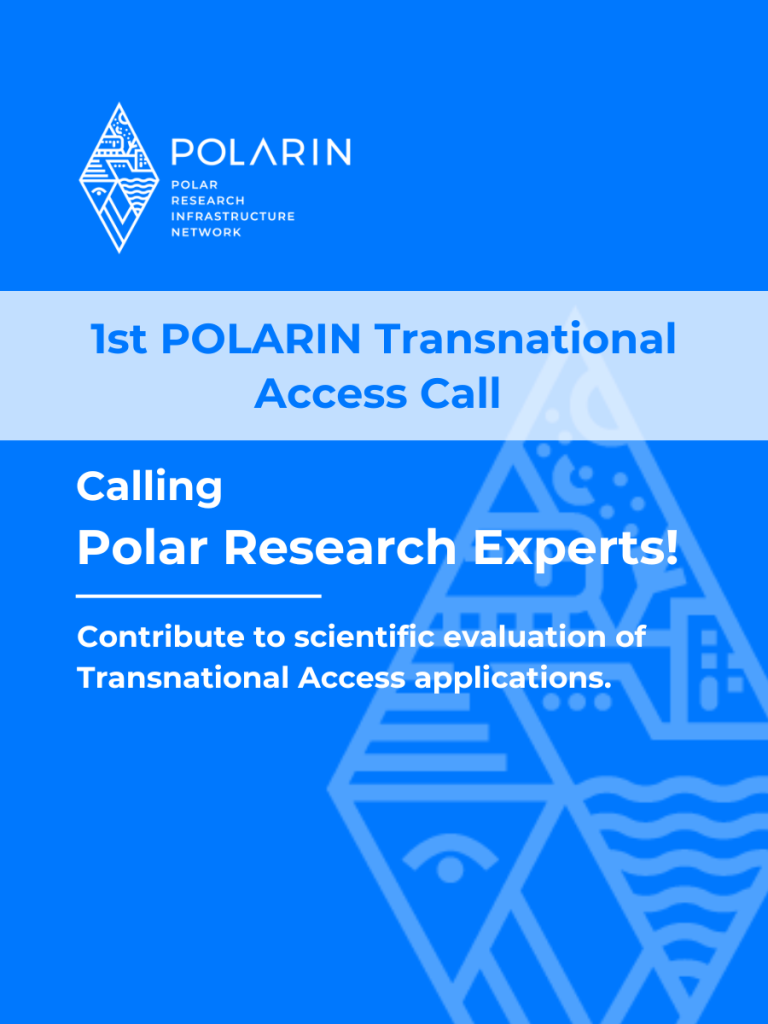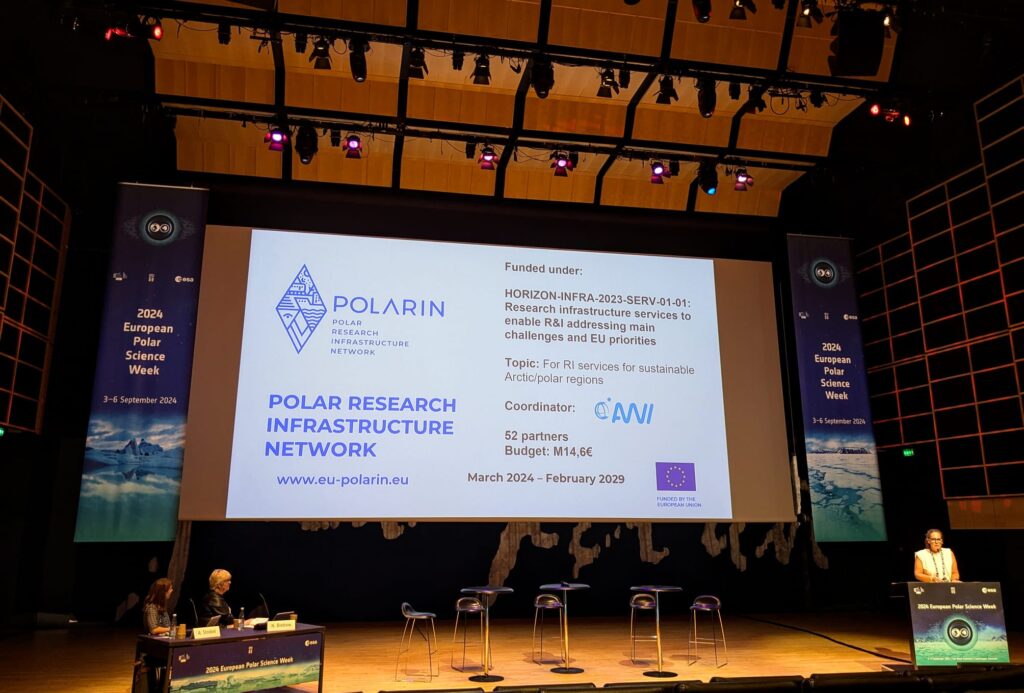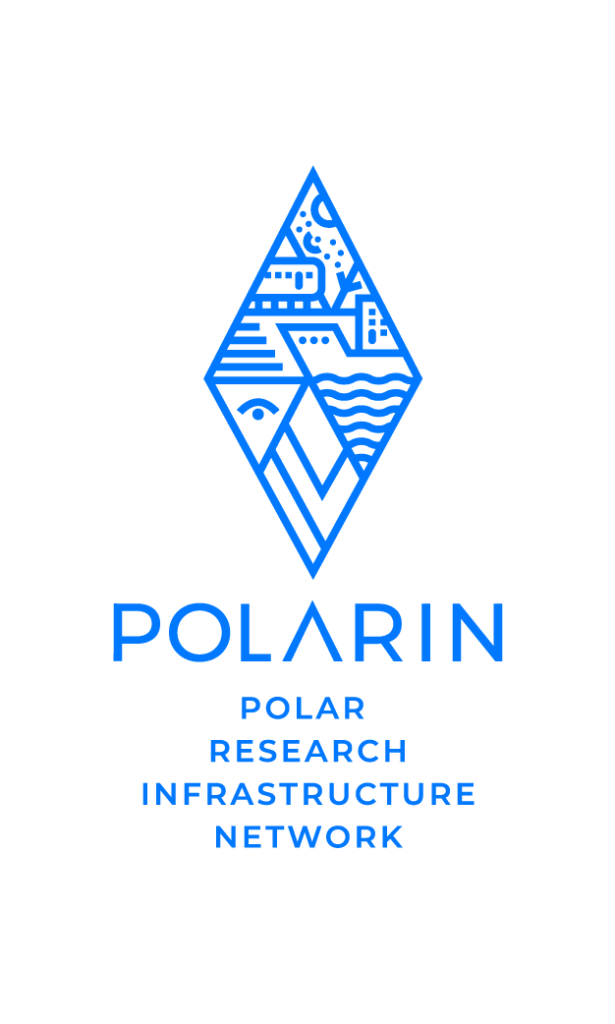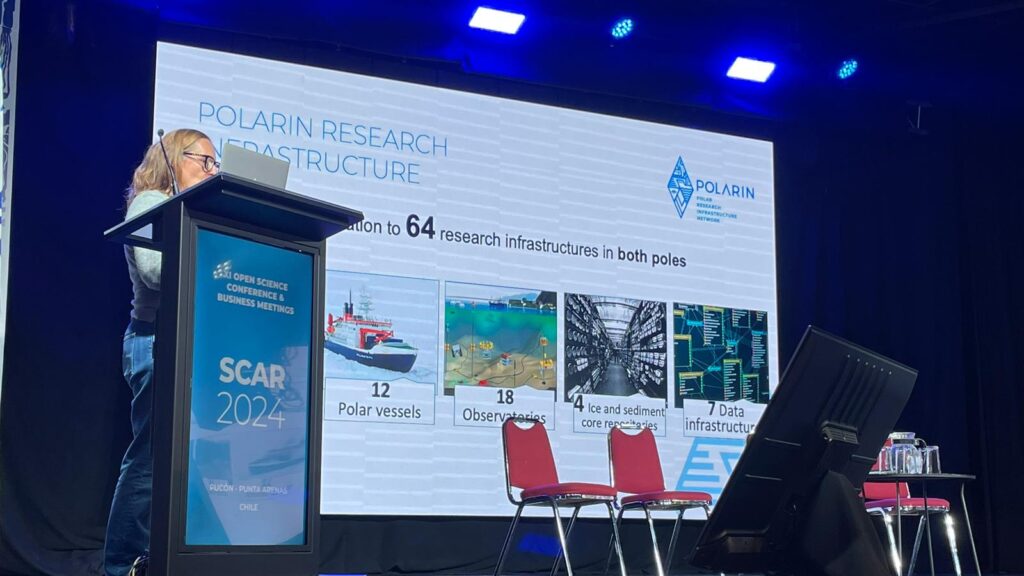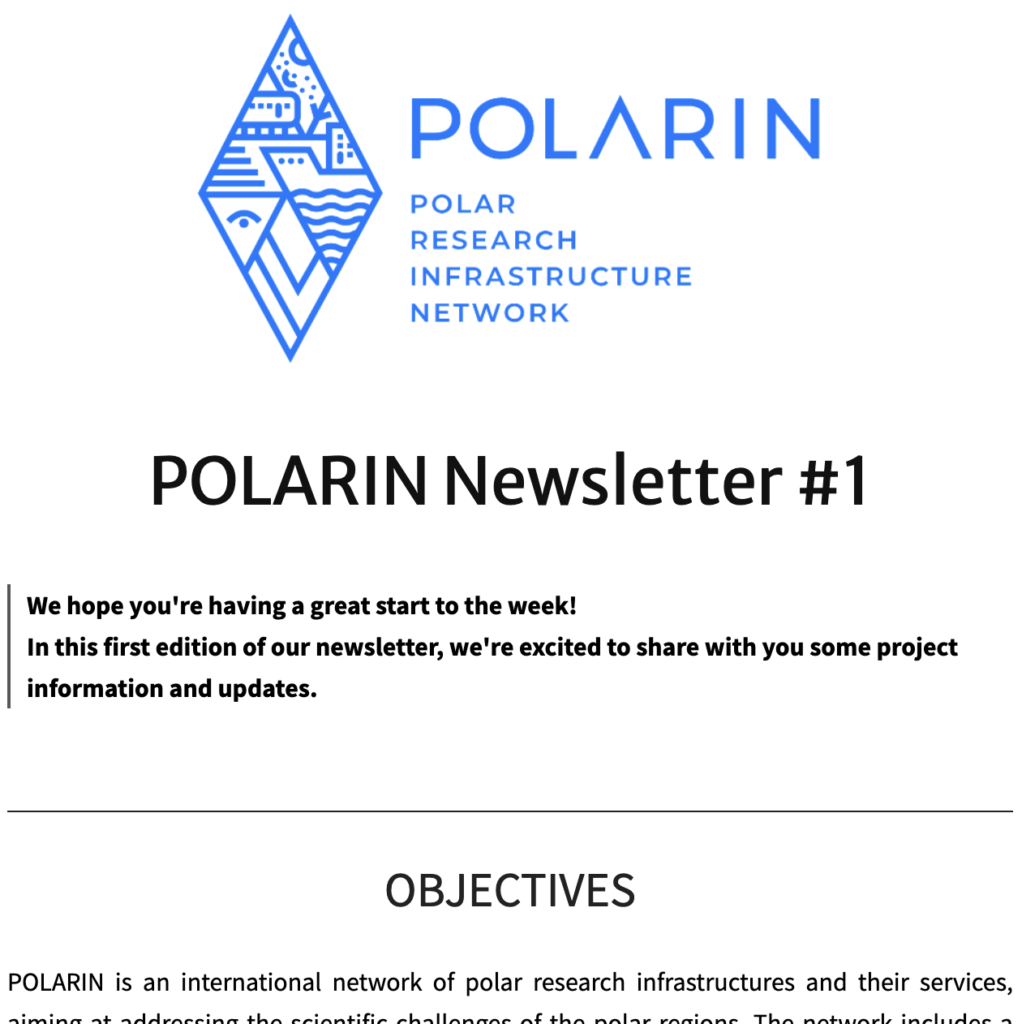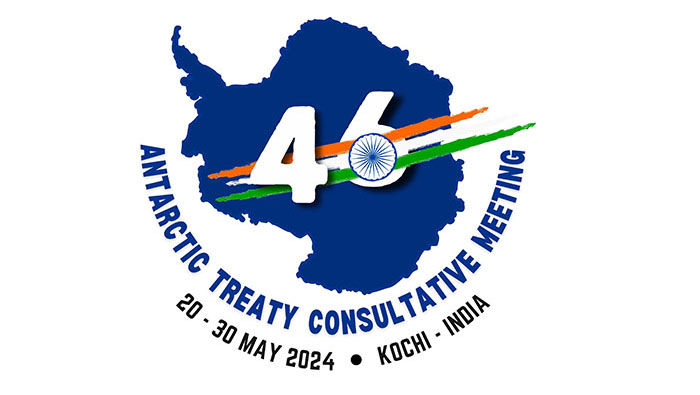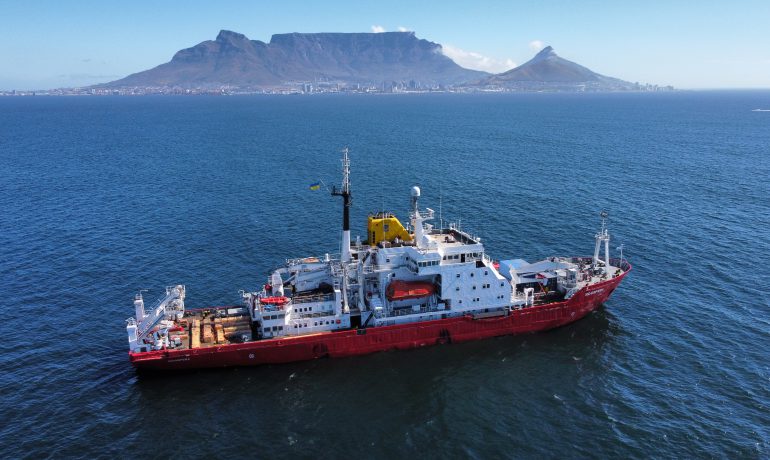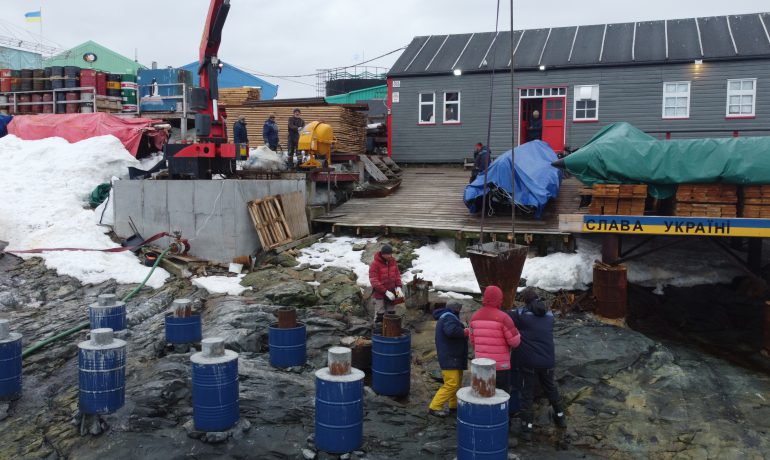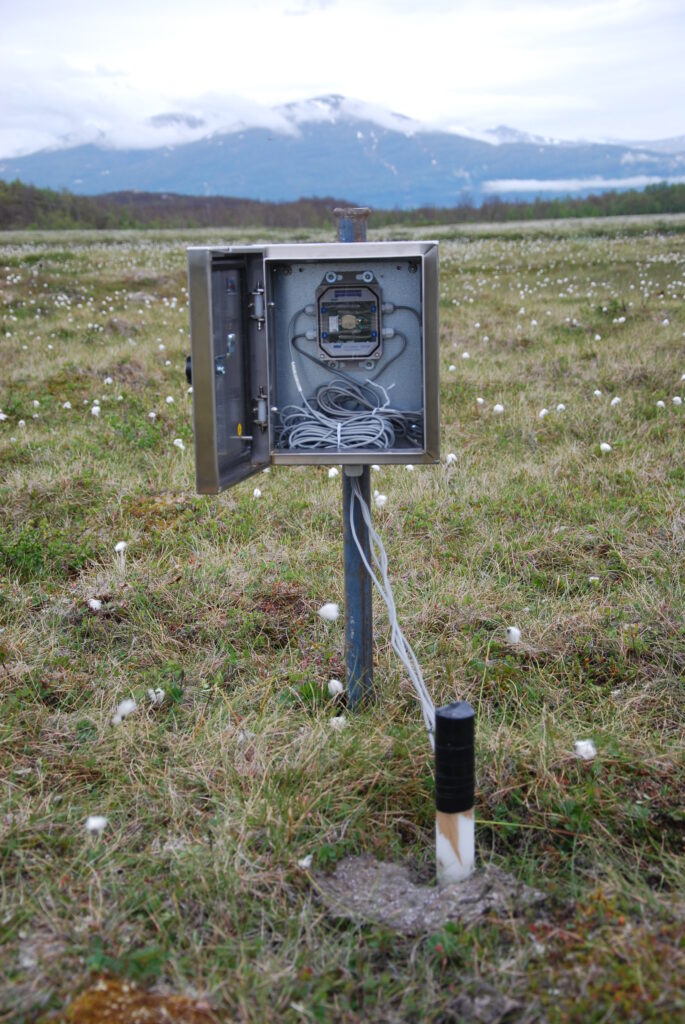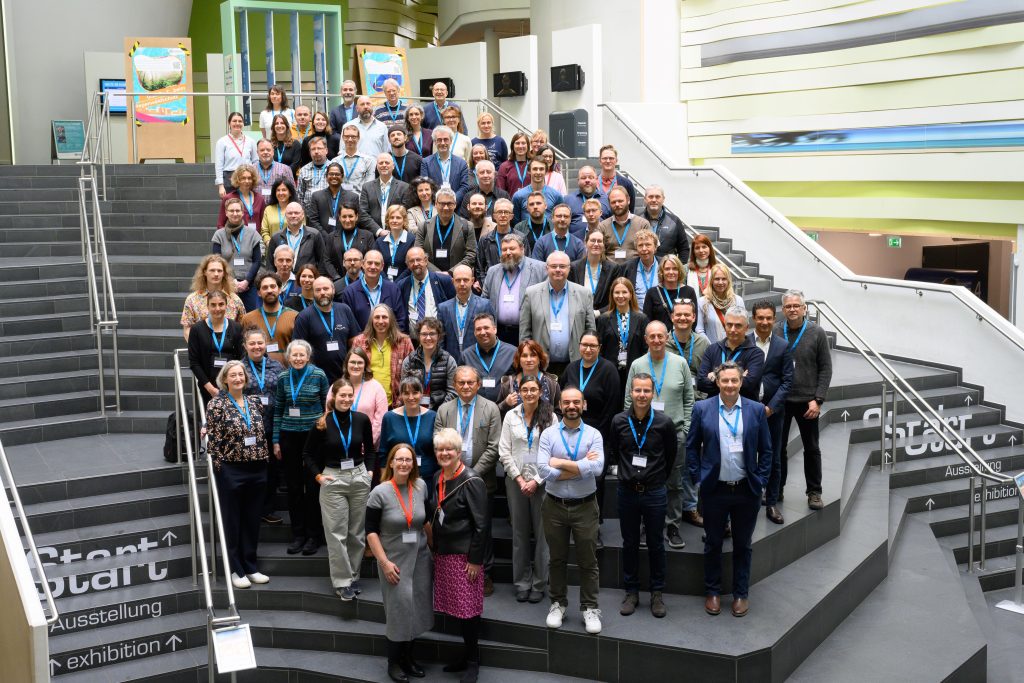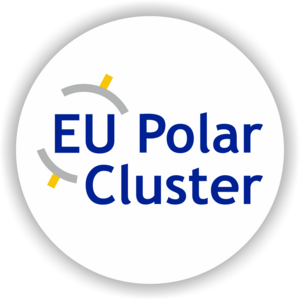Join the POLARIN Expert Pool – Support the Evaluation of the 2nd Call for Proposals
Join the POLARIN Expert Pool! Would you like to join the POLARIN Expert Pool and participate in the review process of proposals submitted to the POLARIN Transnational Access calls? The EU funded project POLARIN – Polar Research Infrastructure Network – is seeking experts from various fields of polar research, from natural sciences to human dimension, to join an international pool of experts to contribute to the scientific evaluation of Transnational Access applications. Volunteer to the POLARIN Expert Pool here and indicate the field of your expertise. How it works? If your expertise matches our needs, the POLARIN Evaluation Secretariat will contact you to invite you for potential review assignment(s). Invited experts will submit their reviews via secure connection in the POLARIN Transnational Access Platform (POLARIN TAP) on-line system, where guidelines to conduct the reviews will be provided. The identity of the reviewers is confidential and will not be disclosed to any applicant. The invited experts also sign a confidentiality clause and a declaration of no conflict of interest prior to their evaluations. The 2nd POLARIN Transnational Access call will be open from the 1st of September until the 30th of October 2025, with scientific evaluations taking place in Novermber-December 2025. The invited experts will be asked to provide reviews of individual applications, presumably requiring altogether one to two hours of their working time. There is no financial compensation for these evaluations, but a certificate will be provided to demonstrate their contribution as Expert Evaluator in POLARIN. In addition, serving as a reviewer allows one to learn what’s new in the field, to develop critical thinking skills essential to research, and to improve one’s own writing. Early Career Researchers including post doctoral fellows are welcome to register. Since successive (yearly) calls will be issued till the end of the POLARIN project, the Expert Pool will be in function until the end of the project (28th of February 2029), after which it will automatically close and all information in the pool will be deleted. The data submitted by filling the form will only be used for the purpose of volunteering to the POLARIN Expert Pool as a reviewer. Your data will not be disclosed to third parties and you can at any time resign or ask to modify your information by e-mailing to the POLARIN Evaluation Secretariat at polarin_evaluation_secretariat[at]ogs.it
